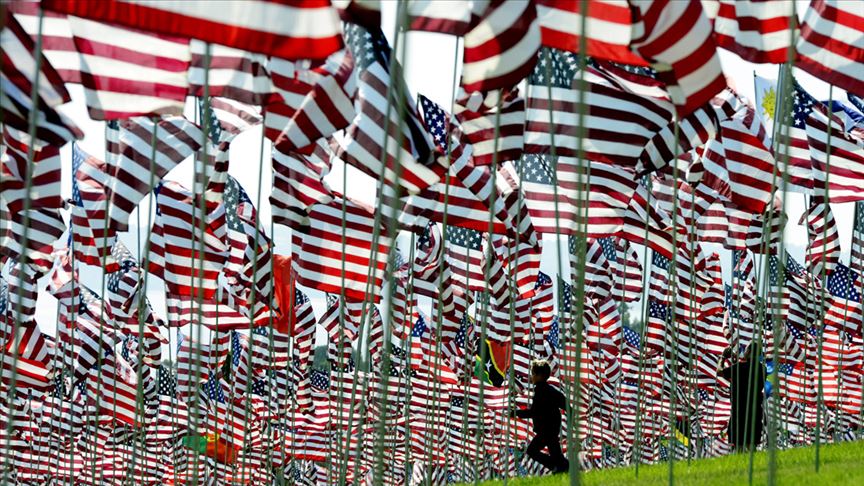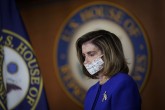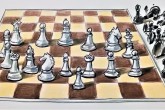The presidential debates are usually considered one of the most critical junctures of the U.S. elections.
Analysts regard the debates as the last opportunity for candidates to change citizens’ voting preferences and thus presidential candidates make painstaking efforts to prep themselves beforehand.
In addition to working on potential questions, they also prepare themselves for potential interactions and dialogue with their rival candidate.
Since its inception in the 1960 presidential elections, these televised debates have captured some unforgettable polemic moments. In the 2020 presidential debates, we may be privy to even more.
First of all, the debates will take place in one of the most unusual campaign seasons in history. Due to pandemic restrictions, candidates have had to limit their engagements and trips over the past few months.
Although President Donald Trump has resumed large gatherings over the last several weeks, these are still small compared to his February rallies across various cities in the U.S.
Democrat candidate Joe Biden’s campaign has desisted from organizing rallies at all, while social distancing has prevented both candidates from engaging in dialogue and conversing with voters over the course of the campaigns.
This state of affairs has upped the potential impact of television and social media, with candidates trying to use these platforms to reach their target audience and mobilize sympathizers to get out and vote.
As a result, many more people will be paying attention to the televised debates between the two candidates and thus their potential performance has never been more important.
Yet, for months now, there has been speculation about whether the Biden campaign would pull out of the debate.
For one, numerous Democratic strategists have asserted that Biden should not participate, on the basis that it may give Trump an opportunity to divert the attention of the American public from real issues – such as the human toll of the COVID pandemic, the impact of the pandemic on the economy and the issue of racial equality, as well as personal attacks.
Others have suggested that there should be a fact-checker present at the debate. In fact, many Democrats have concerns about their result.
On the other hand, those working on the Trump campaign have been looking forward to the debates as a potential game changer.
Indeed, one of the reasons that Trump has railed so much against early voting and early absentee voting is the fact that they can be sent ahead of the presidential debates.
Although Trump is an incumbent, the debates may give him the opportunity to present himself as a challenger to the establishment once again in light of Biden’s eight-year vice presidency during the Barack Obama administration.
Plus, Trump’s ease in front of cameras and his experience in the entertainment industry is expected to contribute to his performance.
In fact, unlike Biden – who has reportedly spent a considerable amount of time on these debates – Trump has spent little time at all. He has reportedly preferred to focus on his rallies and used press conferences as mock debates.
For some in the campaign, however, Trump’s increasing self-confidence and constant portrayal of Biden as “unfit for office” in campaign ads may lower the threshold for Biden too far, upping expectations of Trump to a degree that could potentially become a hurdle.
The first debate between these two candidates will take place on Tuesday, with millions across the U.S. and around the world watching eagerly.
One of these debates will be held on U.S. foreign policy and national security. Thus, the messages of the candidates for voters, as well as to the world, will be important, allowing the audience to hear the world views of the individuals amid a rather unusual campaign.
It will also provide an opportunity for candidates to speak with authority while responding to certain questions, as they both try to showcase the best of themselves over the space of two hours.
Meanwhile, rest assured the debate over who won the debate will continue until the next meeting of the candidates.
[Daily Sabah, 29 September 2020]



